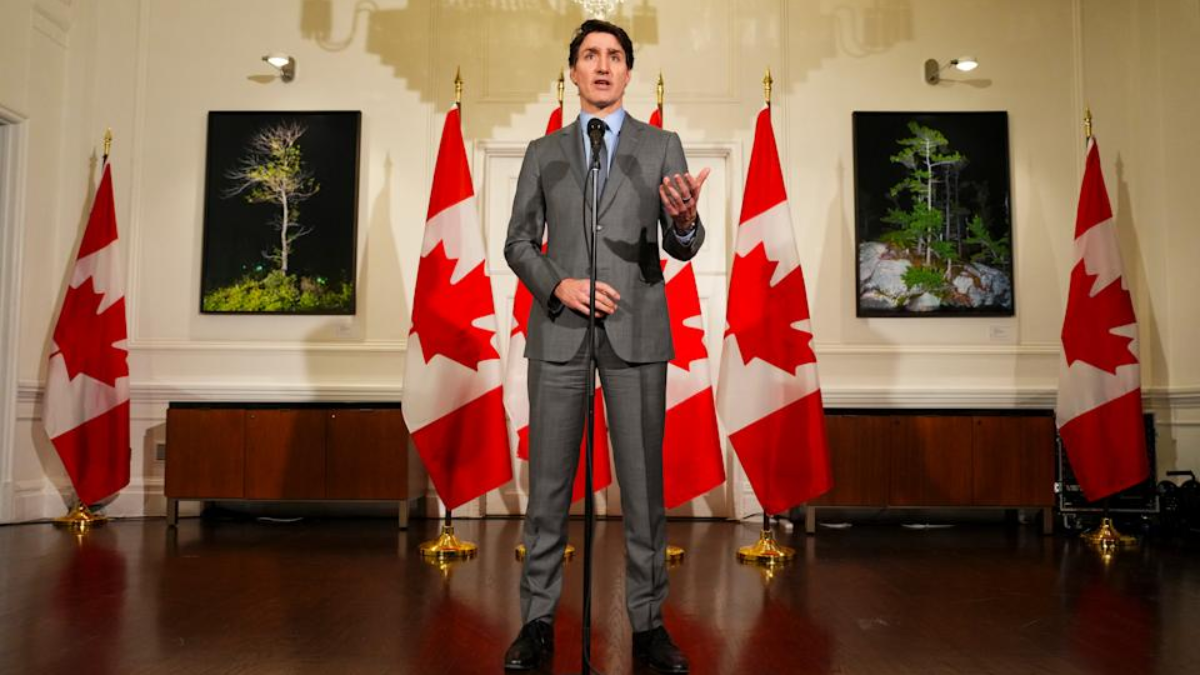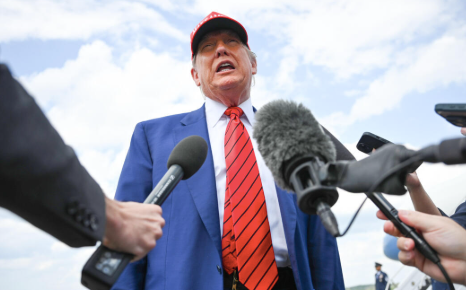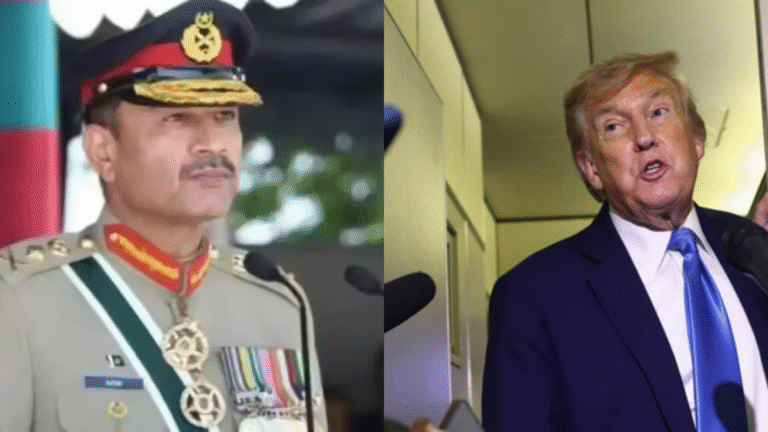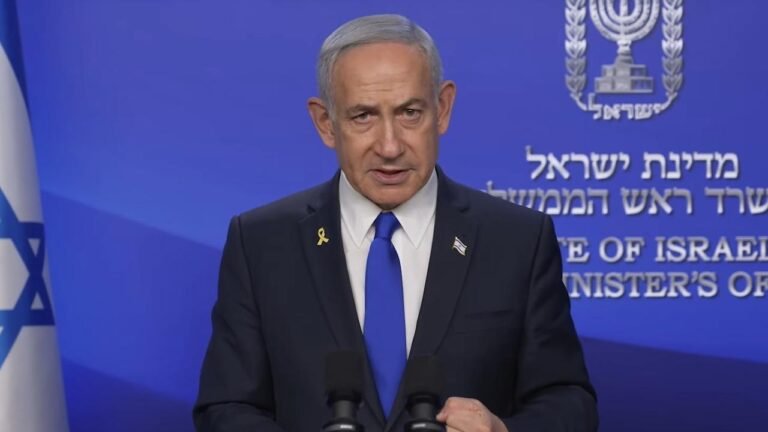
March 3, Monday Toronto: Canadian Prime Minister Justin Trudeau is set to meet with King Charles III, Canada’s head of state, on Monday to discuss U.S. President Donald Trump’s threats to annex Canada as the 51st state. The meeting comes as the king faces criticism in Canada for remaining silent on Trump’s provocative remarks.
Justin Trudeau, speaking in London on Sunday, emphasized the importance of defending Canadian sovereignty. “Nothing seems more important to Canadians right now than standing up for our sovereignty and our independence as a nation,” he said. King Charles, as Canada’s head of state and a member of the British Commonwealth, plays a symbolic role in the country’s governance.
While the antiroyal movement in Canada remains small, the king’s silence on Trump’s threats has sparked debate. Former Alberta Premier Jason Kenney noted that the king can only act on the advice of Canada’s prime minister. “The Government of Canada should ask the Head of State to underscore Canadian sovereignty,” Kenney posted on X.
Constitutional lawyer Lyle Skinner expressed hope that the meeting would lead to a statement from the king. “Great news that the Prime Minister will be having an audience with the King of Canada tomorrow. Hopefully this results in the King making a statement regarding his Canadian Realm,” Skinner wrote.
However, academic Philippe Lagassé suggested the U.K. government might resist any advice from Justin Trudeau for the king to speak out. Daniel Béland, a political science professor at McGill University, noted that many Canadians would expect a public statement from the king and could be disappointed if it doesn’t happen. Béland urged Trudeau to first raise the issue with U.K. Prime Minister Keir Starmer, calling it a “highly delicate diplomatic matter.”
The monarchy’s role in Canada has long been a topic of debate. While Canadians have shown indifference toward King Charles, many held a deep affection for the late Queen Elizabeth II, whose silhouette adorns Canadian coins. She served as head of state for over 40% of Canada’s history and visited the country 22 times. In contrast, Charles’s visits have drawn sparse crowds.
Abolishing the monarchy would require constitutional changes, a complex and risky process in a nation of 41 million people with diverse linguistic, cultural, and Indigenous communities. As Artur Wilczynski, a former Canadian public servant, noted on X, “Canadians will need to decide what purpose King Charles III serves as King of Canada if he can’t even speak up for our sovereignty.”
The meeting between Trudeau and King Charles underscores the delicate balance between Canada’s constitutional monarchy and its national sovereignty in the face of external threats.
Keep Reading Questiqa.com for more news.
Get more News Headlines On Our Social Platforms And Do Follow.




